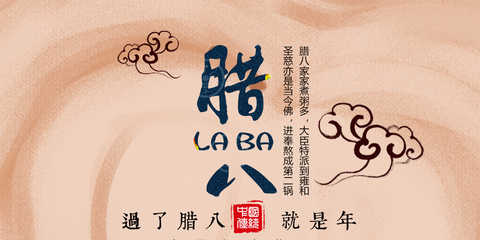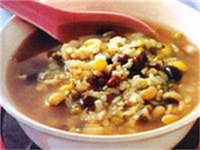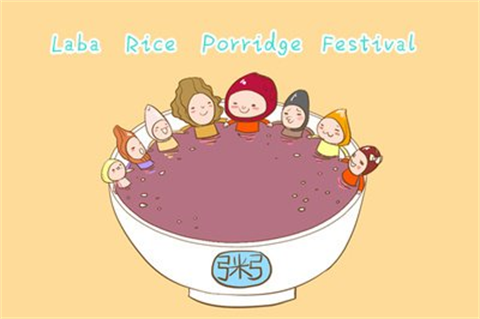The twelfth month of the lunar calendar is commonly known as the twelfth lunar month, and the eighth day of the 12th lunar month is the Laba Festival, which is customarily called Laba. , is also the most exquisite custom.
On this day, most regions in my country have the custom of eating Laba porridge. Laba porridge is made from eight kinds of fresh grains and fruits that were harvested that year, and is generally sweet porridge. However, many farmers in the Central Plains like to eat Laba salty porridge. In addition to rice, millet, mung bean, cowpea, adzuki bean, peanut, jujube and other raw materials, shredded pork, radish, cabbage, vermicelli, kelp, tofu, etc. are also added to the porridge.
Laba Festival is also known as the Lari Festival, the Laba Festival, the Princely Lama or the Buddha’s Enlightenment Day. Originally, the ancient sacrificial ceremony to celebrate the harvest, thank ancestors and gods, in addition to ancestor worship activities, people also need to fight against epidemics. This activity originated from the ancient Nuo. One of the medical methods in prehistoric times was to exorcise ghosts and cure diseases. As a witchcraft activity, the custom of drumming and expelling epidemics in the twelfth lunar month still survives in areas such as Xinhua, Hunan. Later, it evolved into a religious festival to commemorate the enlightenment of Buddha Sakyamuni. In the Xia Dynasty, the La Ri was called “Jiaping”, in the Shang Dynasty, “Qing Si”, and in the Zhou Dynasty as “Da Wa”.Because it is held in December, it is called the twelfth month, and the day of the festival is called the twelfth day. The twelfth day of the pre-Qin period was the third day after the winter solstice, and it was fixed on the eighth day of the twelfth lunar month at the beginning of the Southern and Northern Dynasties.
Post time: Jan-17-2022




